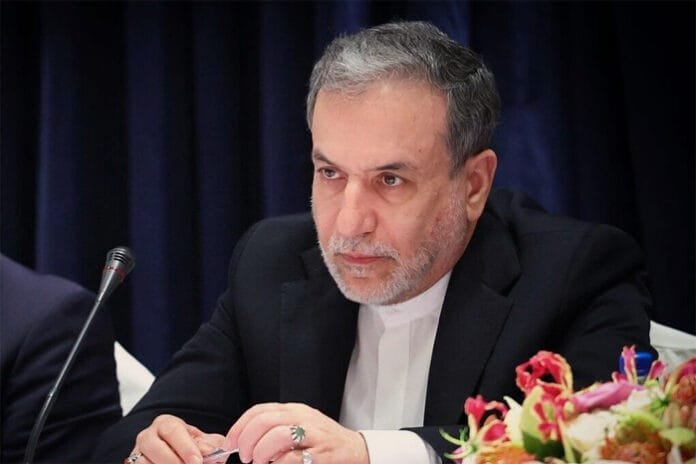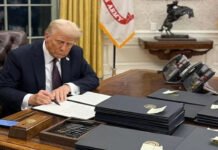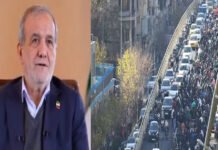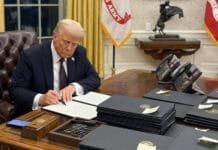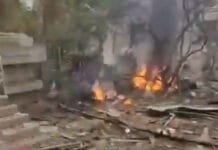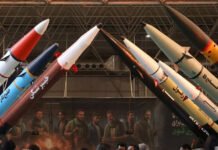Iran Officially Ends 2015 Nuclear Agreement Amid Rising Tensions
Tehran, October 18, 2025 — Iran has formally declared the termination of the 2015 Joint Comprehensive Plan of Action (JCPOA), marking a significant escalation in its nuclear program and a setback for Western diplomatic efforts. The Iranian Foreign Ministry announced that all provisions and restrictions related to the agreement are now considered void, though the country affirmed its continued commitment to diplomacy.
The JCPOA, originally signed by Iran, the U.S., China, Russia, Germany, Britain, and France, aimed to curb Tehran’s nuclear activities in exchange for lifted international sanctions. However, the deal has been unraveling since 2018, when then-U.S. President Donald Trump withdrew and reimposed sanctions. Subsequent escalations, including Israeli and U.S. bombing raids in June 2025 and Iran’s refusal to cooperate with the International Atomic Energy Agency (IAEA), led European powers to trigger the UN “snapback” sanctions mechanism.
Despite current tensions, European countries and the EU remain committed to pursuing a diplomatic solution to prevent Iran from obtaining nuclear weapons. Talks between Washington and Tehran have so far failed, and mutual distrust continues to hinder negotiations.
Key Developments Leading to the Collapse
U.S. Withdrawal and Reimposition of Sanctions: In 2018, President Trump unilaterally withdrew the U.S. from the JCPOA and reinstated stringent sanctions on Iran, leading to a significant deterioration in relations.
Israeli and U.S. Military Strikes: In June 2025, Israeli and U.S. forces conducted airstrikes on Iranian nuclear facilities, further escalating tensions and damaging critical infrastructure.
Iran’s Refusal to Cooperate with IAEA: Iran’s decision to cease cooperation with the IAEA has raised concerns about the transparency of its nuclear activities and compliance with international norms.
Reimposition of UN Sanctions: In September 2025, the UN Security Council reimposed sanctions on Iran under the JCPOA’s “snapback” mechanism, citing Iran’s non-compliance with the agreement’s terms.
Iran’s Response and Future Outlook
Iran has condemned the reimposition of sanctions as illegal and has threatened to curtail further cooperation with the IAEA. The Iranian leadership views the Western actions as part of a broader strategy to exert maximum pressure on Tehran, rather than engaging in genuine negotiations.
Analysts warn that the collapse of the JCPOA and the escalating tensions could lead to a new phase in Iran’s nuclear program, with increased risks of regional instability and potential military confrontations.
✅ Key Highlights
Iran officially terminates the 2015 nuclear agreement.
U.S. withdrawal and reimposition of sanctions in 2018.
Israeli and U.S. military strikes on Iranian nuclear facilities in June 2025.
Iran ceases cooperation with the IAEA.
Reimposition of UN sanctions in September 2025.
✅ Quotes
“The collapse of the JCPOA marks a new nadir in intermittent efforts to resolve conflicts dating from the 1979 Islamic revolution.” — Barbara Slavin, The Stimson Center
“Years of pressure had proven that there is no solution to Iran’s nuclear issue other than diplomacy… The snapback of sanctions, like military attacks, cannot work.” — Abbas Araghchi, Iranian Foreign Minister
✅ Analysis & Implications
Diplomatic Breakdown: The termination of the JCPOA signifies a profound breakdown in diplomatic relations between Iran and Western powers, particularly the U.S. and European nations.
Nuclear Program Escalation: With the collapse of the agreement, Iran may accelerate its nuclear activities, raising concerns about regional security and proliferation risks.
Regional Instability: The escalating tensions could destabilize the Middle East, with potential ramifications for neighboring countries and global energy markets.
Global Diplomatic Challenges: The situation presents a significant challenge for international diplomacy, as efforts to negotiate a new agreement face increased obstacles.
✅ Conclusion
The official end of the JCPOA represents a critical juncture in Iran’s nuclear trajectory and its relations with Western powers. As Iran moves forward with its nuclear program, the international community faces heightened challenges in addressing the complex dynamics of regional security and nonproliferation efforts.

